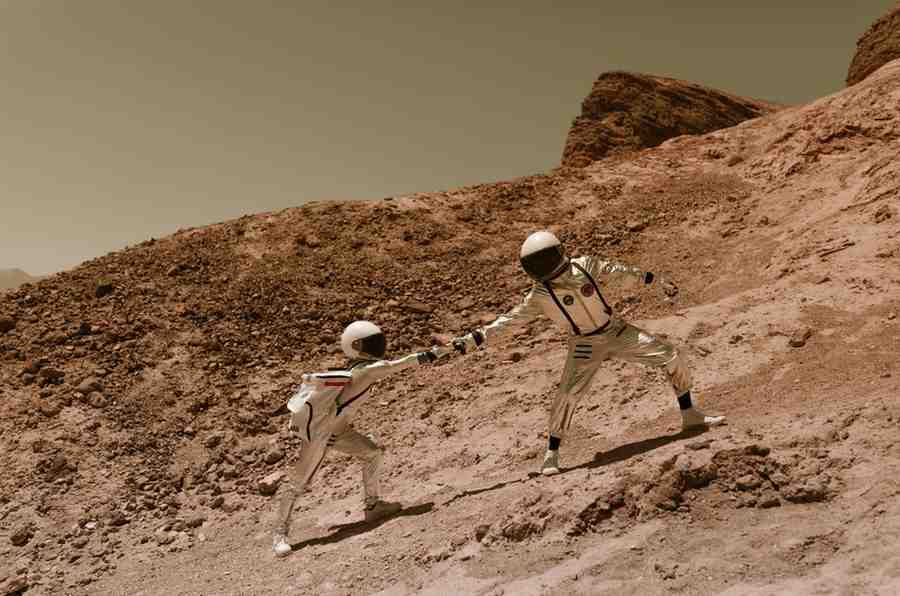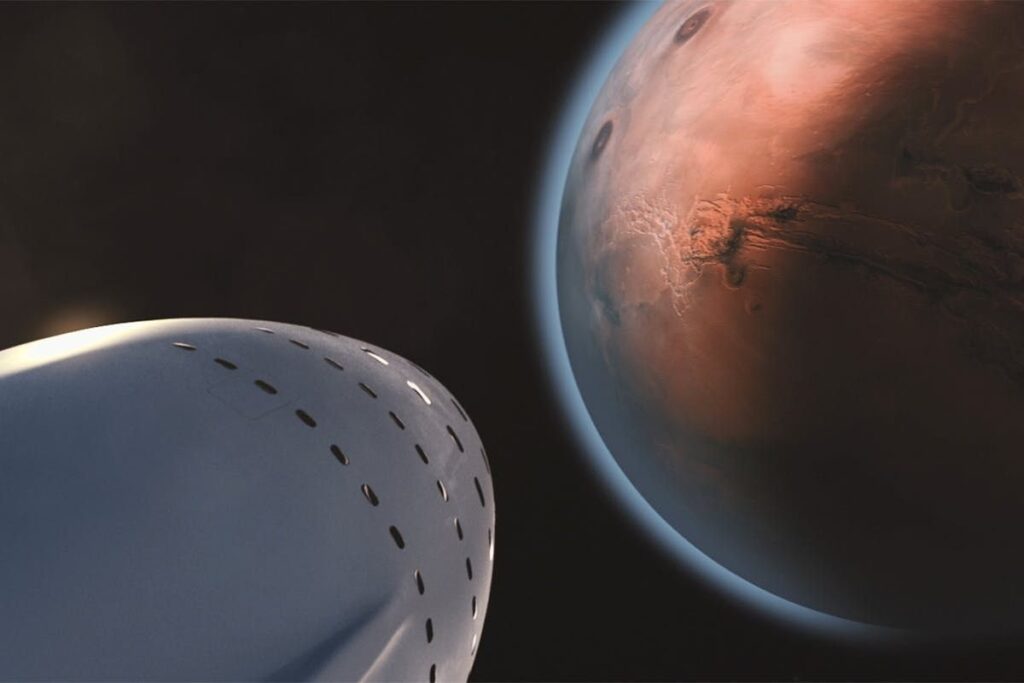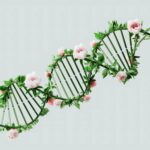Introduction: Searching for Life Beyond Earth
Astrobiology is the exhilarating field that investigates the origin, evolution, and potential for life in the universe, from Earth’s extremophiles to possible microbes on Mars. It’s a dynamic discipline blending biology, astronomy, and planetary science to answer profound questions about our cosmic place. Whether you aspire to become an astrobiologist, planetary scientist, exobiologist, or space mission researcher, Astrobiology offers a fulfilling career with groundbreaking scientific impact. This article will guide you through the essentials of Astrobiology, from its core principles to the skills and courses needed to excel. Moreover, it will highlight how Aime Connect’s education portal can support your journey with tailored resources. So, if you’re ready to explore life among the stars, let’s dive into Astrobiology.
Decoding Astrobiology: What Is It All About?
At its core, Astrobiology examines the conditions, processes, and possibilities for life in the universe, encompassing the study of extremophiles, planetary habitability, and biosignatures. It addresses questions like whether life exists on Europa or how Earth’s early life emerged. For instance, you might analyze Martian soil samples or model exoplanet atmospheres for habitability. Additionally, it employs techniques like spectroscopy, isotopic analysis, and robotic exploration to gather data. Modern Astrobiology integrates advanced technologies, such as AI-driven data analysis and space telescopes, to push scientific boundaries. Furthermore, it fosters interdisciplinary collaboration and critical thinking. By pursuing Astrobiology, you’re not just studying biology—you’re seeking life beyond our planet.

Charting Your Course: How to Become an Astrobiology Professional
To become an Astrobiology professional, you need a blend of education, research experience, and a passion for cosmic discovery. Start with a high school education strong in biology, chemistry, physics, and mathematics, followed by a bachelor’s degree in Astrobiology, Biology, Astronomy, or a related field like Planetary Science. Advancing to a Master’s or Ph.D. in Astrobiology or a specialized discipline like Exobiology is often required for roles in research, academia, or space missions. Practical experience through internships at NASA, ESA, or astrobiology research labs is crucial. Additionally, certifications in bioinformatics or remote sensing enhance credibility. Networking through astrobiology conferences or platforms like Aime Connect opens opportunities. By combining education, training, and connections, you’ll build a clear path to an astrobiology career.
Skills That Seek Cosmic Life: What You Need to Succeed
To thrive in Astrobiology, you need a robust skill set blending scientific, analytical, and creative abilities. Proficiency in biological and planetary science techniques, such as microbial culturing, geochemical analysis, or atmospheric modeling, is essential for research accuracy. Moreover, strong data analysis skills, including statistics and computational modeling, interpret complex datasets from telescopes or rovers. Problem-solving and critical thinking tackle challenges like identifying biosignatures or assessing habitability. Additionally, familiarity with tools like Python, MATLAB, or GIS enhances data processing. Adaptability keeps you aligned with trends like exoplanet research or synthetic biology. Communication skills convey findings in papers or public outreach. By honing these skills, you’ll become a dynamic astrobiologist ready to explore the universe.
Fueling Your Cosmic Journey: Recommended Astrobiology Courses
Aime Connect offers a range of Astrobiology-related courses to support your aspirations. For beginners, introductory courses in astrobiology fundamentals cover origin of life, planetary habitability, and biosignatures. If you’re seeking specialization, programs in exobiology, planetary atmospheres, or astrobiochemistry dive into advanced topics like extremophiles or exoplanet detection. Additionally, courses in computational astrobiology teach you to analyze space mission data using AI, a growing trend. For leadership roles, modules in space mission science or astrobiology policy align with career goals. Each course blends theory with practical tools like virtual planetary simulations, ensuring readiness. Explore Aime Connect’s portal for expert-led programs tailored to your Astrobiology journey.
Career Horizons: Job Scope and Placement in Astrobiology
Astrobiology offers diverse career paths across research, space exploration, education, and industry. Roles like astrobiologist, planetary scientist, mission data analyst, or science communicator are in demand as space exploration accelerates. Moreover, emerging fields like astrobiotechnology and exoplanet habitability create exciting niches. With an Astrobiology qualification, you can work in space agencies (e.g., NASA, ESA), research institutes, universities, or private space companies, with competitive salaries and global opportunities. Aime Connect enhances your employability through placement support, connecting you with top employers. Whether starting as a research associate or aiming for a Chief Astrobiology Researcher role, Astrobiology promises a vibrant career.
Global Opportunities: Best Countries for Astrobiology Careers
Certain countries stand out as Astrobiology hubs due to their advanced space programs and research ecosystems. The United States, with NASA and institutions like Caltech, leads in planetary exploration and exobiology. Similarly, Germany, a key player in ESA, excels in astrobiology research and space missions. Japan, with JAXA’s asteroid and lunar projects, supports roles in planetary science. Additionally, Australia’s focus on astrobiology and radio astronomy fosters opportunities in exoplanet and biosignature studies. These countries offer high salaries, cutting-edge facilities, and global recognition. Aime Connect’s globally relevant courses prepare you for certifications valued in these top markets.
Time to Explore: Duration of Astrobiology Courses
The duration of Astrobiology programs varies by level. A bachelor’s degree in Astrobiology or a related field typically takes three to four years, combining theoretical study and lab work. A Master’s in Astrobiology spans one to two years, focusing on specialized research. Doctoral programs, like a Ph.D., take three to five years, including advanced fieldwork and dissertation work. Supplementary certifications, like astrobiology data analysis or planetary science, require three to six months. Aime Connect offers flexible preparatory courses (one to six months) for foundational skills or specialized topics like biosignature detection. Accelerated programs cater to professionals balancing commitments. By choosing a course that aligns with your goals, you’ll efficiently launch your Astrobiology career.
Learning Your Way: Online vs. Offline Astrobiology Courses
Choosing between online and offline Astrobiology courses depends on your needs and career stage. Online courses, available through Aime Connect, offer flexibility, ideal for preparatory students or professionals seeking certifications, with access to recorded lectures and virtual research simulations. Conversely, offline bachelor’s, master’s, or doctoral programs, offered by universities, provide hands-on training through labs and field studies, critical for core education. However, supplementary offline courses may require fixed schedules and travel. Online learning integrates tools like virtual exoplanet analysis platforms, ensuring practical exposure. For preparatory and supplementary studies, online courses balance convenience and quality, especially with Aime Connect’s innovative digital platform.
Aime Connect’s Advantage: Special Features for Your Success
Aime Connect transforms Astrobiology education with features tailored to your scientific and exploratory ambitions. Firstly, personalized learning paths ensure courses align with your career goals, whether entering a bachelor’s program or advancing with a master’s or doctorate. Additionally, interactive tools like virtual planetary mission simulations and biosignature analysis exercises bridge theory and practice. You’ll also benefit from expert mentorship, with astrobiologists guiding your progress. Furthermore, Aime Connect offers placement support, connecting you with top space agencies, research institutes, and universities. The platform’s community forums foster collaboration, linking you with peers and mentors. Many features, like astrobiology webinars and introductory resources, are free. Visit https://aimeconnect.com to discover how Aime Connect empowers your Astrobiology journey.
Conclusion: Your Cosmic Legacy Awaits
A career in Astrobiology is a bold commitment to seeking life in the universe, advancing scientific discovery, and expanding humanity’s cosmic perspective through interdisciplinary research. From mastering critical skills to seizing global opportunities, this field offers a path to transformative leadership. With Aime Connect’s cutting-edge courses and dedicated support, you’re equipped to excel in this vibrant domain. Whether you choose online flexibility for preparatory studies or offline immersion for hands-on training, your success begins with the right education. So, embrace the challenge, nurture your curiosity, and let Astrobiology shape a rewarding future. Sign up today and transform your career with Aime Connect.
Thank you. Signup and Enjoy Free Special Features from Aime Education Portal – Login to Our Portal: https://www.aimeconnect.com



